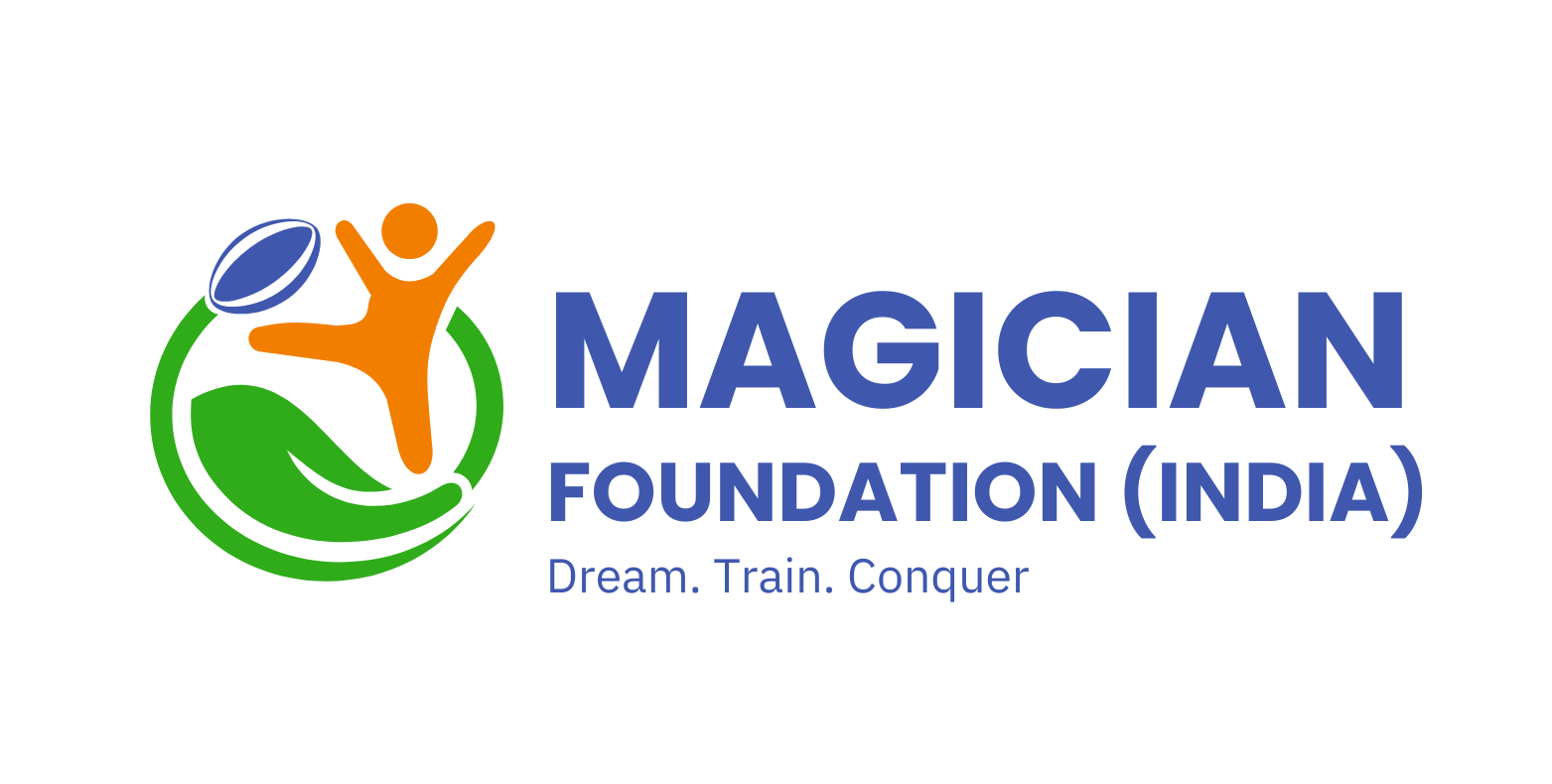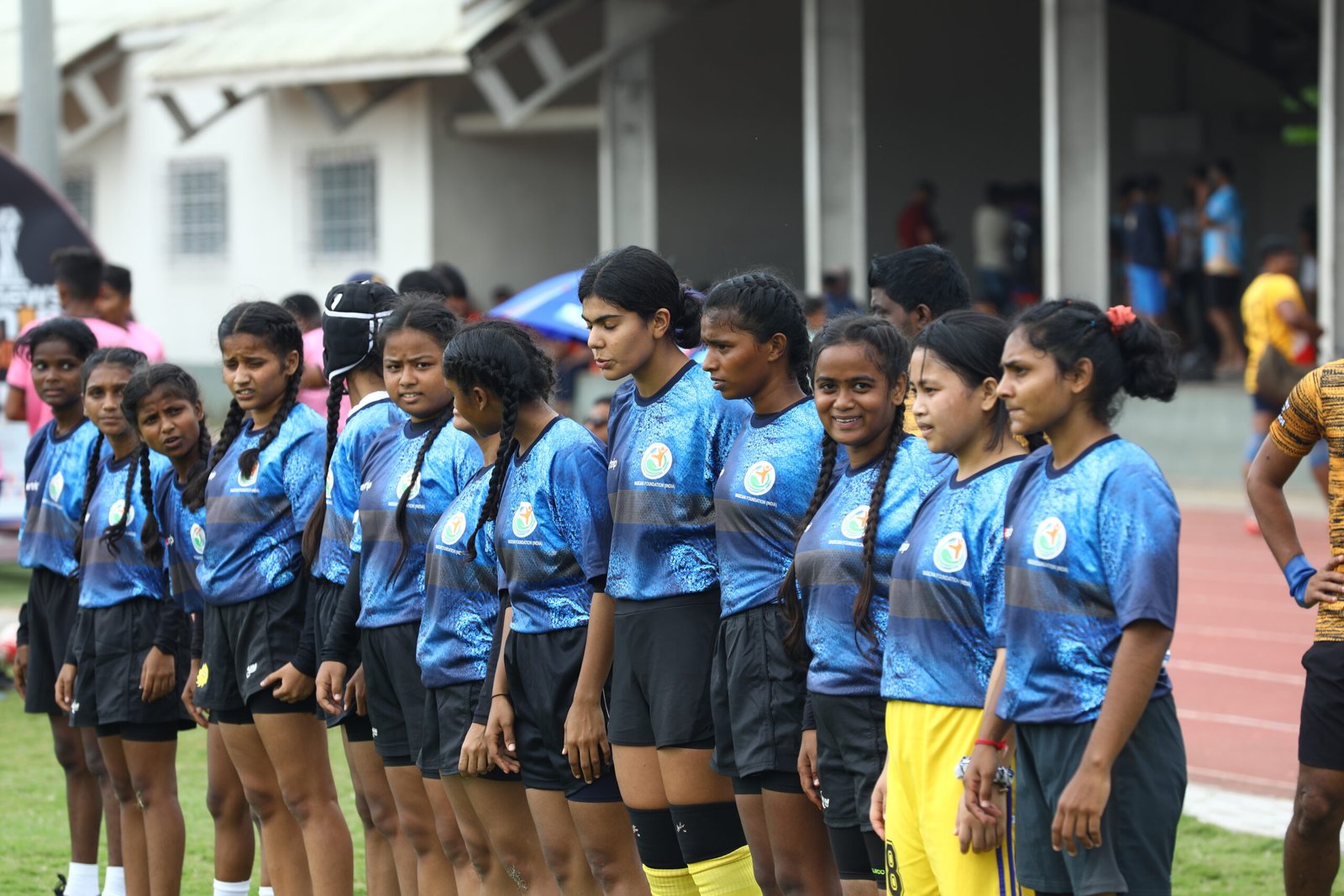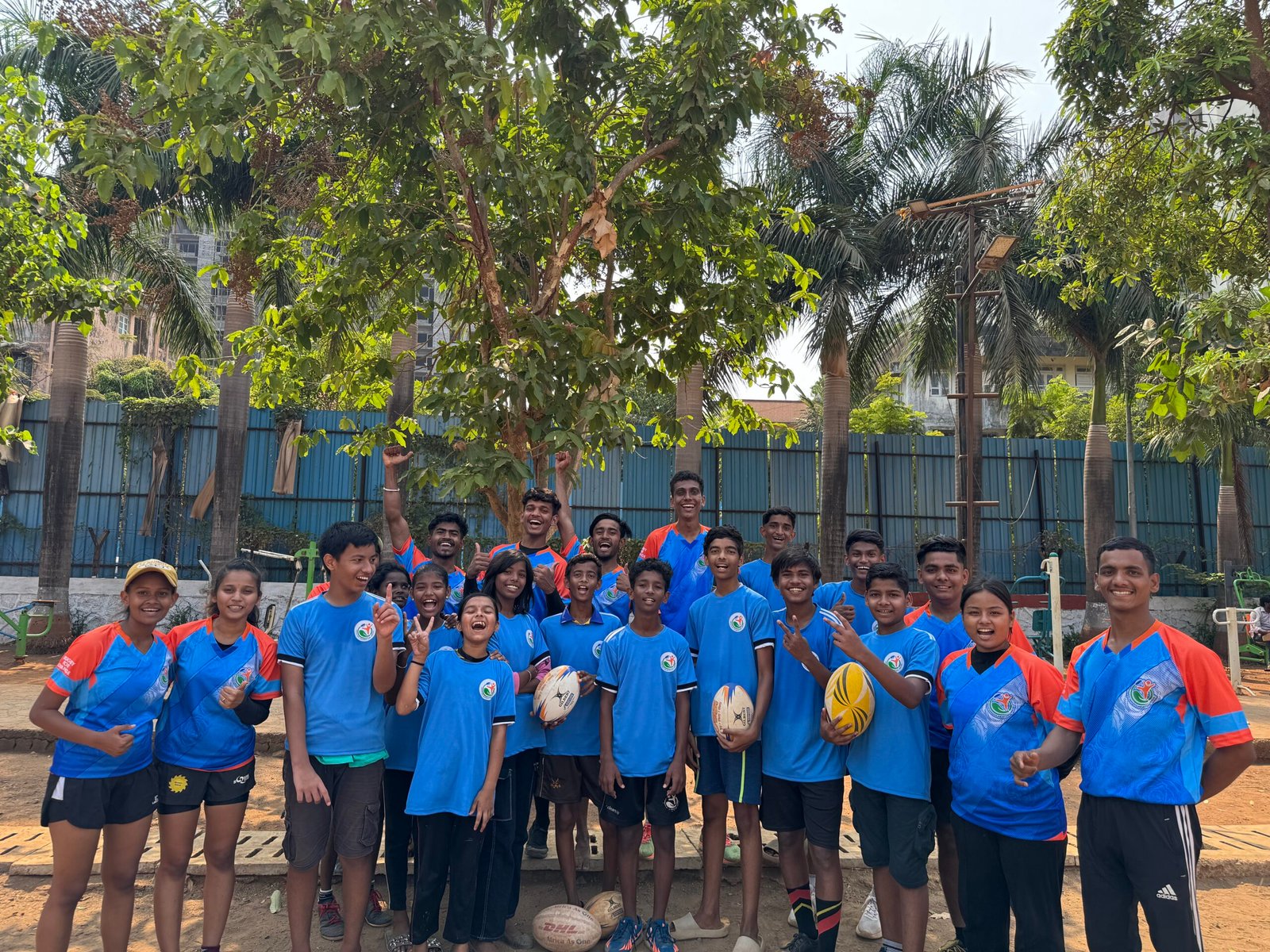Introduction: Listening to the Silence
When we think of poverty, we often imagine statistics—numbers in reports, trends in charts. But poverty isn’t data. It’s a mother skipping meals so her child can eat. It’s a teenager walking 5 kilometers barefoot just to attend a free class. It’s entire families left behind in a country racing toward digital transformation.
This blog isn’t just about support—it’s about dignity. About giving voice to those who’ve been silenced by poverty, and imagining a future where change isn’t a charity—it’s a right.
Beyond the Basics: What Poverty Really Feels Like
- Emotional poverty: Constant fear of eviction, shame, or societal neglect.
- Digital exclusion: No smartphones or internet means no access to e-learning, telemedicine, or job portals.
- Aspirational vacuum: When survival is the priority, dreams don’t stand a chance.
Poverty is not just the lack of resources—it’s the absence of hope, opportunity, and recognition.
Forgotten Cities: How Slums Function Like Invisible Economies
Slums aren’t just clusters of poverty. They’re hubs of micro-economies:
- Women running home-based tailoring units
- Children selling art or upcycled crafts on the roadside
- Men taking up daily wage work to keep the informal sector alive
Yet these contributions are rarely acknowledged, let alone empowered.
The Real Villains: Systemic Barriers
What holds people back isn’t laziness—it’s:
- Caste bias and social discrimination
- Inaccessible government schemes due to complex paperwork
- No proof of residence = no welfare access
- Lack of financial literacy or digital tools
A New Framework: Empowerment, Not Charity
We don’t need more donations—we need disruption. Real transformation will come through:
- Social entrepreneurship in slums
- Community-based micro-loans
- Youth-led education centers
- Tech-on-wheels for digital learning
- Legal aid desks for slum rights
These innovations don’t just help—they hand over power.
Their Story is Our Story
We share the same air, the same streets, and the same future. The gap between us is a result of systems—not choices.
It’s time to stop looking at poverty as a problem and start treating it as a call to redesign our society—with empathy, equity, and energy.



